Cetearyl Alcohol For Skin: Benefits, How To Use, & Side Effects
Discover why this compound is an essential ingredient in moisturizers and lotions.
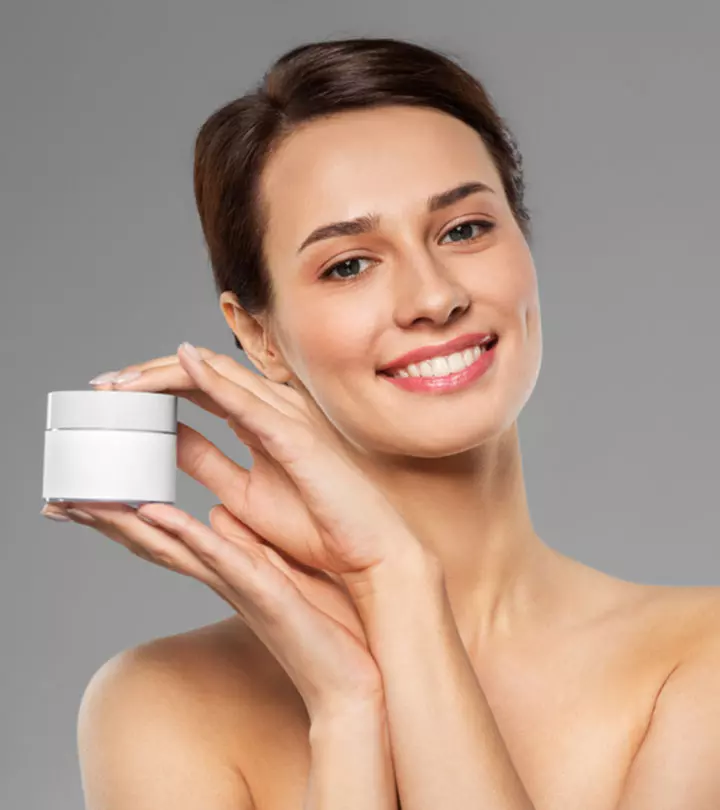
Image: Shutterstock
You must have noticed cetearyl alcohol in many skin care products? But, is cetearyl alcohol for the skin considered safe? Short-chain alcohols like ethanol and propanol are commonly used in skin care products to help the other components blend effectively. But they may cause skin irritation and loss of moisture by disrupting the skin’s natural barrier.
Cetearyl alcohol is a safer option. It is found in many skin care products and is good for dry skin. Fatty alcohols like cetearyl acid help maintain the moisture in the skin.
In this article, we delve deeper into the benefits of cetearyl alcohol for the skin. Keep reading!
 Know Your Ingredient: Cetearyl Alcohol
Know Your Ingredient: Cetearyl AlcoholWhat Is It?
A waxy, white substance derived from palm, soy or coconut oils that is used to add texture and consistency to cosmetic products.
What Are Its Benefits?
It acts as an emulsifier, helps moisturize and soften the skin, and maintains skin texture.
Who Can Use It?
All except those who are using any other topical medication or have eczema, broken skin and open wounds.
How Often?
As part of your daily skin and hair care regimen.
Caution
May cause side effects, such as skin irritation, redness and swelling in individuals with sensitive skin. Perform a patch test before using products with cetearyl alcohol to avoid allergic reactions
In This Article
What Is Cetearyl Alcohol?
Cetearyl alcohol is a fatty alcohol used actively in skincare and other cosmetic formulations to improve the thickness, texture, and sensory feel of products. This ingredient also helps soften the skin (1).
It is also known as cetostearyl alcohol. It is basically a mixture of fatty alcohols, primarily cetyl and stearyl alcohols. While cetyl alcohol is derived from palm oil, stearyl alcohol is derived from stearic acid, a saturated fatty acid. Understanding what is stearic acid can give you a broader perspective on the types of fatty acids used in skin care, alongside cetearyl alcohol.
 Did You Know?
Did You Know?Cetearyl alcohol is a white, waxy solid, usually available in a flake form. It is easily soluble in alcohol but insoluble in water. It is a popular ingredient with multiple skin benefits. We have discussed the same below.
Key Takeaways
- Also called cetostearyl alcohol, Cetearyl alcohol is a fatty acid found in skincare and cosmetic formulations.
- Cetearyl alcohol acts as a viscosity-enhancing agent.
- It does not make your skin dry, and it is safe for use.
Benefits Of Cetearyl Alcohol For Skin

Cetearyl alcohol acts as a base for many skincare products. It also helps nourish your skin. Following are the other benefits of cetearyl alcohol.
1. Acts As An Emulsifier
An emulsifier is included in products containing water and oil components. Oil- and water-based ingredients do not stay mixed in a formulation for long. An emulsifier like cetearyl alcohol keeps these two types of ingredients dispersed and produces a stable emulsion (2).
It acts as an important binding agent for oil and water in skincare products.
How Does It Benefit Skin?
As an emulsifier, cetearyl alcohol prevents the separation of skincare products. Hence, these products do not separate when applied cosmetically too. This property boosts the product’s effectiveness.
2. Acts As An Emollient
Emollients are occlusive ingredients that form a protective layer on the skin and prevent water loss. Cetearyl alcohol is an emollient that improves the texture and spreadability of the product and offers the skin a protective barrier.
It also helps moisturize and soften the skin. It seals skin moisture.
How Does It Benefit Skin?
The emollient properties of cetearyl alcohol may help soften and smoothen the skin. However, more research is warranted in this regard.
3. Acts As A Product Thickener
Cetearyl alcohol also works as a viscosity-enhancing agent. It helps thicken various skin formulations and makes a product less runny, safe to use, and easier to spread.
How Does It Benefit Skin?
Cetearyl alcohol helps enhance the texture and feel of products, making them more effective on your skin.
Cetearyl alcohol is often confused with regular sensitizing alcohol used commonly in skin care products. However, they are quite different.
Cetearyl Alcohol Vs. Sensitizing Alcohols – The Difference?
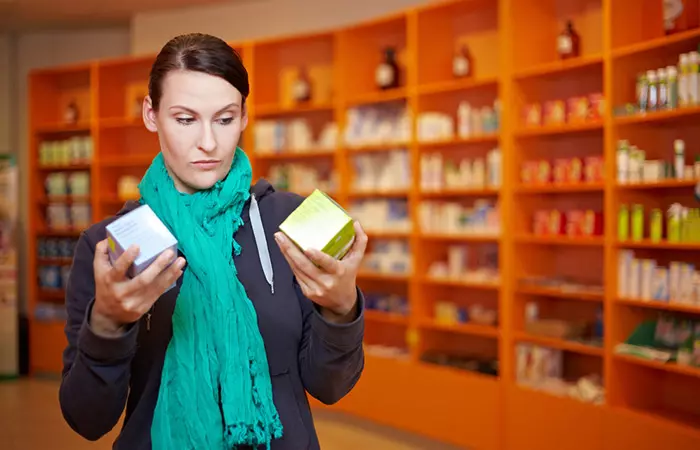
Cetearyl alcohol is not the same as traditional alcohols known for drying, irritating, and sensitizing the skin. Alcohol, in general, refers to a chemical with an -OH group. It does not necessarily mean that alcohol is bad for your skin.
In cetearyl alcohol, this alcohol group is attached to a long chain of fats that help balance it out. Hence, it is less harsh on your skin and acts as an emollient.
Sensitizing alcohols don’t usually contain this long chain of fats to balance out the drying properties of alcohol. Hence, they tend to dry the skin out.
While cetearyl alcohol is safer than regular alcohols, it also may cause certain side effects. We have discussed the same below.
Side Effects Of Cetearyl Alcohol
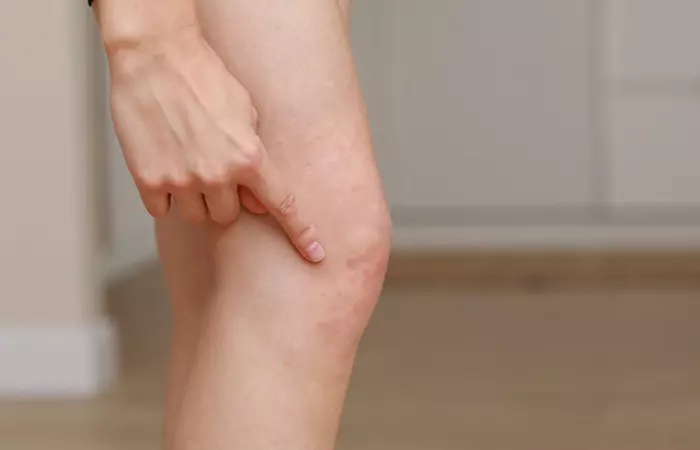
Cetearyl alcohol is safe to use in cosmetic products and is generally considered a non-irritating ingredient. However, certain individuals had developed allergic contact dermatitis following the use of cetearyl alcohol (3). This ingredient is also known to cause allergies in those with leg ulcers (4).
But the incidences of these allergies are very rare, as cetearyl alcohol-based products, like shampoos, conditioners, cleansers, etc., get rinsed off easily. They do not come in contact with the skin for a prolonged period.
Becca, a beauty and lifestyle blogger, recounted her experience of getting a skin allergy after using a product containing cetearyl alcohol. It triggered acne and caused small, itchy, painful, and pus-filled pimples on her chin. She said, “The first time it happened was the worst (i).” She added, “It took 3 weeks for the allergy to go away.”
That said, if you have sensitive skin or are prone to skin allergies, it is recommended to exercise caution before using products containing cetearyl alcohol. You may do a patch test or even consult your doctor regarding the same.
Should cetearyl alcohol suit you, here’s how you can use it.
How To Use Cetearyl Alcohol In Skin Care
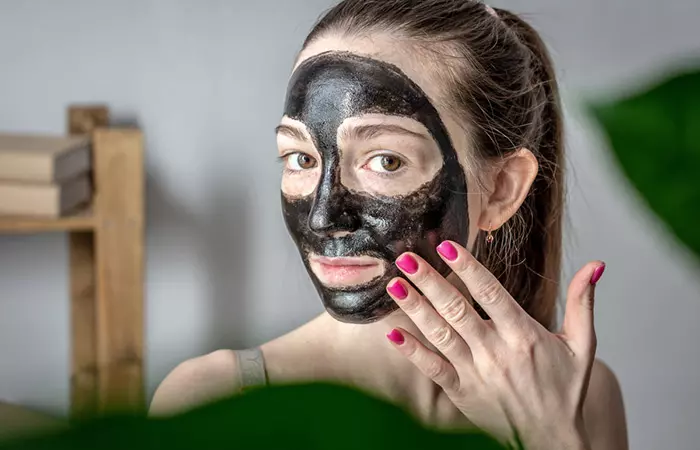
Since cetearyl alcohol is found in a variety of skincare products, including moisturizers and hair conditioners, there are no fixed guidelines for its use.
In general, incorporating it into your skincare routine is simple. Here is how you can do it:
- Cleanse Your Face Thoroughly
Start by cleansing your face thoroughly with a natural cleanser that does not dry your skin out.
- Use A Hydrating Toner
Follow with a hydrating toner that seals your skin moisture.
- Apply A Good Brightening Serum
Follow with a good, brightening serum rich in vitamin C that restores your skin’s natural glow. Vitamin C also helps diminish fine lines and wrinkles.
- Use A Moisturizer With Cetearyl Alcohol
Use a moisturizer with cetearyl alcohol. This deeply moisturizes and softens your skin. Ensure you follow with an eye cream with cetearyl alcohol to protect the delicate skin around your eyes.
- Detox With A Good Face Mask
Apply a high-quality face mask once a week (such as a detoxifying charcoal mask)that not only draws out skin impurities but also nourishes your skin.
Additionally, remember to use these products as directed. Some cetearyl alcohol-based products need priming while others need to be shaken well before use. Read the instructions carefully.
While cetearyl alcohol is generally safe, it cannot be used by all. Keep reading to know more.
Who Should Not Use It?

Anyone with sensitive skin should avoid using cetearyl alcohol-based products, especially around the eyes, inside the mouth/nose, and on the vaginal area. Those allergic to cetyl or stearyl must also avoid products containing these ingredients.
Check the product label for directions. Certain products are not supposed to be applied to the face, recently shaved areas, and other areas with broken/cut/irritated/chapped/scraped skin.
If you develop irritation or swelling after using a cetearyl alcohol-based product, stop use and switch to another product. Seek immediate medical attention if your condition persists or worsens.
 Quick Tip
Quick TipInfographic: Precautions To Take While Using Cetearyl Alcohol For Skin
Cetearyl alcohol is a cosmetic ingredient that improves the products’ thickness, sensory feel, and texture. Though it is safe to use, there are certain precautions you need to take while using this ingredient to avoid allergic reactions or irritation.
Check out the infographic below to know the necessary precautions to follow while using cetearyl alcohol with your skin care products. Illustration: StyleCraze Design Team
Cetearyl alcohol is one of the best options if you have dry skin. You may mix cetyl alcohol and stearyl alcohol lotion as it provides good texture and thickness to your products. It acts as an emulsifier, emollient, and thickener. This element helps seal moisture, makes the product less runny, improves the product’s spreadability, smoothens the skin, and maintains the skin texture. Although it is non-irritating, there are chances of side effects on people with sensitive skin.
Consult your dermatologist if you experience any side effects like burning sensation, itching, or redness, and do a patch test before applying to your skin.
Frequently Asked Questions
Is Cetearyl alcohol vegan?
Typically, cetearyl alcohol is a vegan ingredient as it is most commonly derived from plant-based products. However, in some cases, it can also be derived from animal-based sources such as sperm whales.
Is cetearyl alcohol safe for acne-prone skin?
Yes, research indicates that low concentrations of cetyl and stearyl alcohols (the main components of cetearyl alcohol) are safe for acne-prone skin. It can be used as a mild cleanser every day (5).
Does cetearyl alcohol clog pores?
Yes, animal studies suggest that cetyl and stearyl alcohols (the main components of cetearyl alcohol) are comedogenic in nature and may cause clogged pores (6). However, more research is warranted in this area.
What is the environmental impact of cetearyl alcohol?
Cetearyl alcohol comes from natural sources like palm, coconut, or soy, so it’s generally more eco-friendly than synthetic options. Look for brands that source it sustainably to ensure minimal environmental impact.
What can I use instead of cetearyl alcohol?
Vitamin E and coconut oil may be the ideal alternatives to cetearyl alcohol due to their softening and emollient properties that help in nourishing the skin (7), (8). Ensure that you conduct a patch test before using both ingredients.
Illustration: Cetearyl Alcohol For Skin: Benefits How To Use & Side Effects

Image: Stable Diffusion/StyleCraze Design Team
Discover the difference between cetearyl and cetyl alcohols in this informative skincare video! Learn why cetearyl alcohol, a cheap and versatile ingredient, is a must-have for your beauty routine. Check out the video today!
Personal Experience: Source
StyleCraze's articles are interwoven with authentic personal narratives that provide depth and resonance to our content. Below are the sources of the personal accounts referenced in this article.
i. My Skin Storyhttps://littleporcelainprincess.blogspot.com/2014/01/my-skin-story.html
References
Articles on StyleCraze are backed by verified information from peer-reviewed and academic research papers, reputed organizations, research institutions, and medical associations to ensure accuracy and relevance. Read our editorial policy to learn more.
- Cetostearyl alcohol
https://pubchem.ncbi.nlm.nih.gov/compound/Cetearyl_alcohol - Relationship between internal phase volume and emulsion stability: the cetyl alcohol/stearyl alcohol system
https://pubmed.ncbi.nlm.nih.gov/12901692/ - Contact dermatitis from cetostearyl alcohol
https://onlinelibrary.wiley.com/doi/abs/10.1111/j.1440-0960.1997.tb01705.x - Cetearyl Alcohol
https://onlinelibrary.wiley.com/doi/abs/10.1002/9781119405702.ch36 - Synchronizing Pharmacotherapy in Acne with Review of Clinical Care
https://www.ncbi.nlm.nih.gov/pmc/articles/PMC5527713/ - Comedogenicity in rabbit: some cosmetic ingredients/vehicles
https://pubmed.ncbi.nlm.nih.gov/18058303/ - Bioactive Compounds for Skin Health: A Review
https://www.ncbi.nlm.nih.gov/pmc/articles/PMC7827176/ - In vitro anti-inflammatory and skin protective properties of Virgin coconut oil
https://www.ncbi.nlm.nih.gov/pmc/articles/PMC6335493/#:~:text=Virgin%20coconut%20oil%20(VCO)%20has,moisturizing%20and%20soothing%20the%20skin
Read full bio of Dr. Sreekar Harinatha
Read full bio of Arshiya Syeda
Read full bio of Ramona Sinha
Read full bio of Shiboli Chakraborti






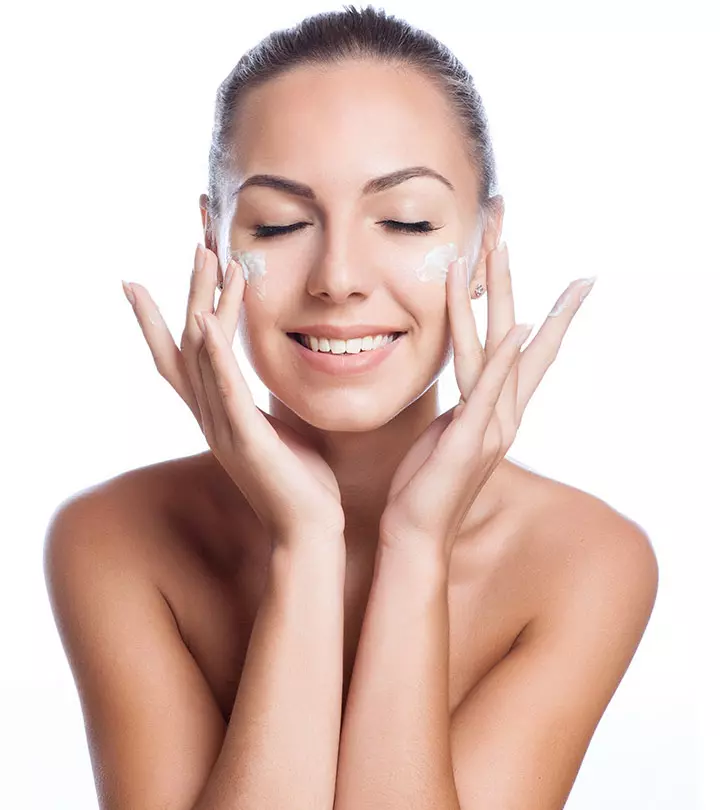
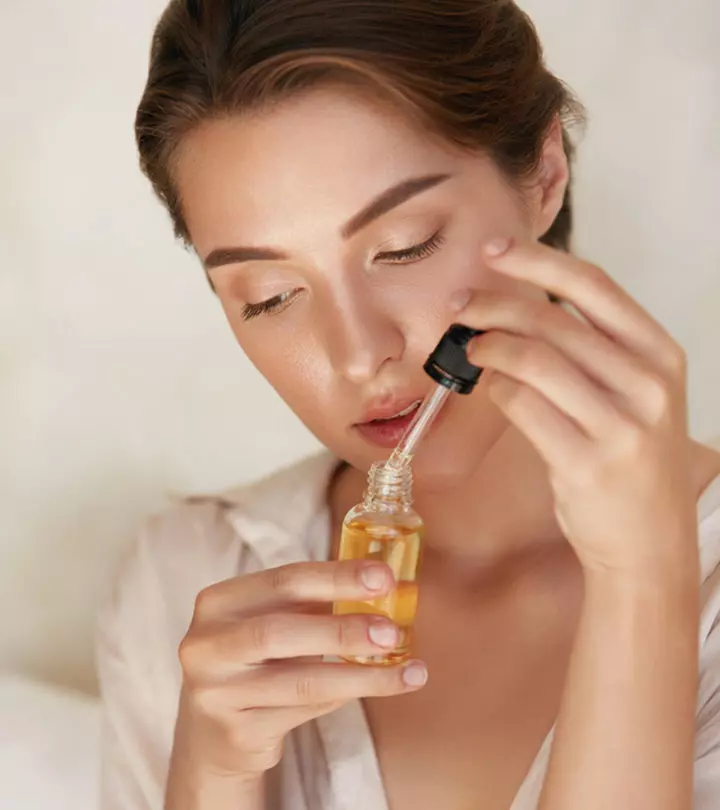




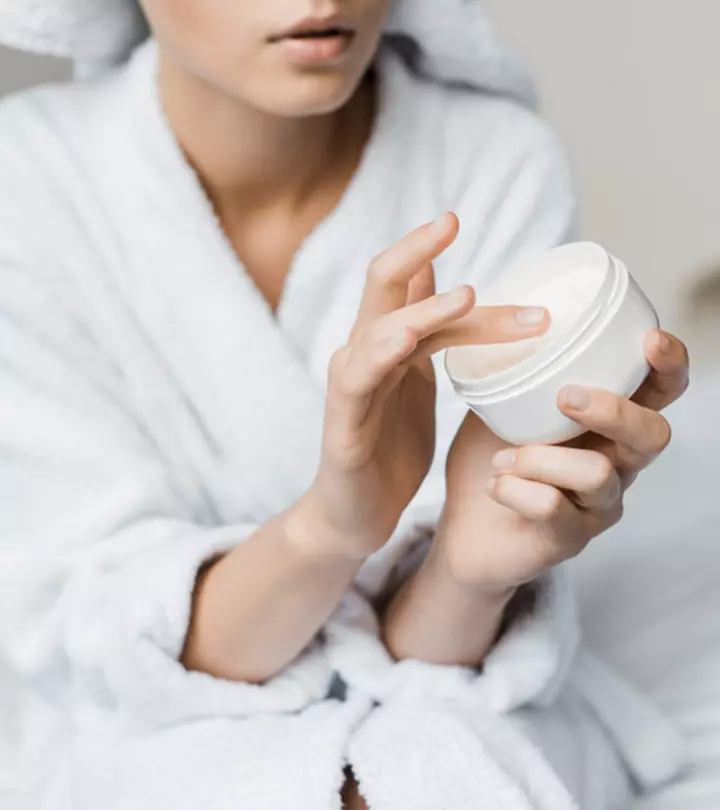
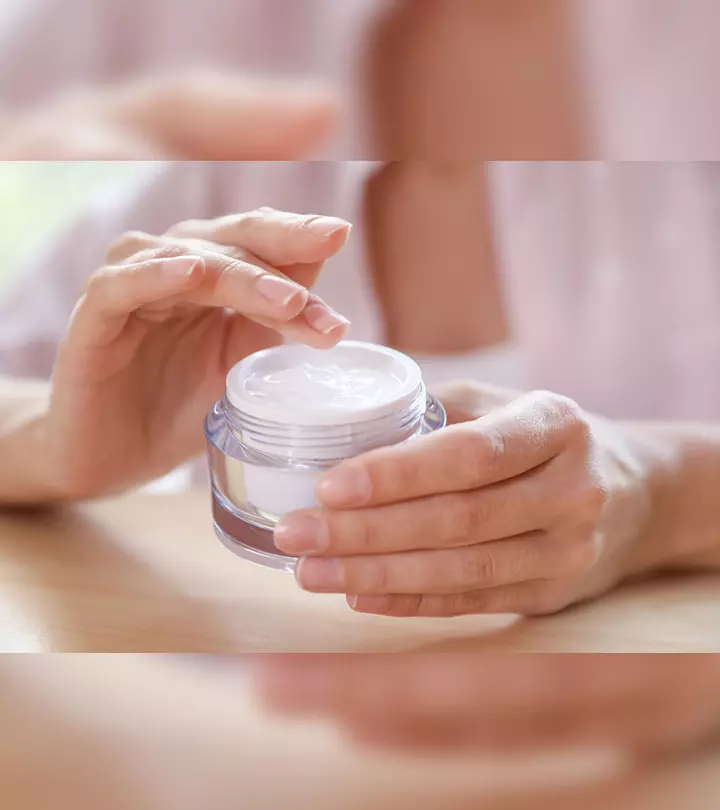
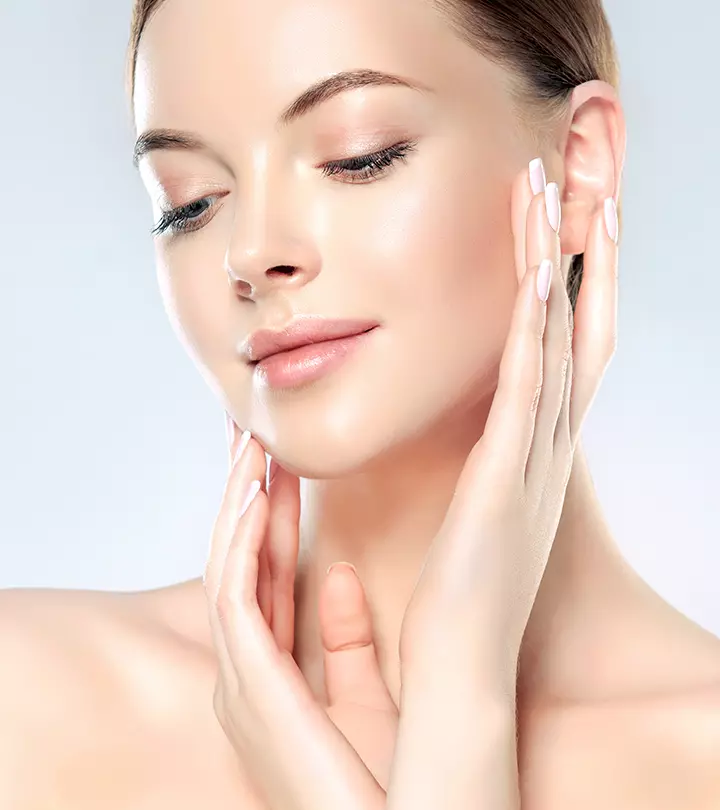

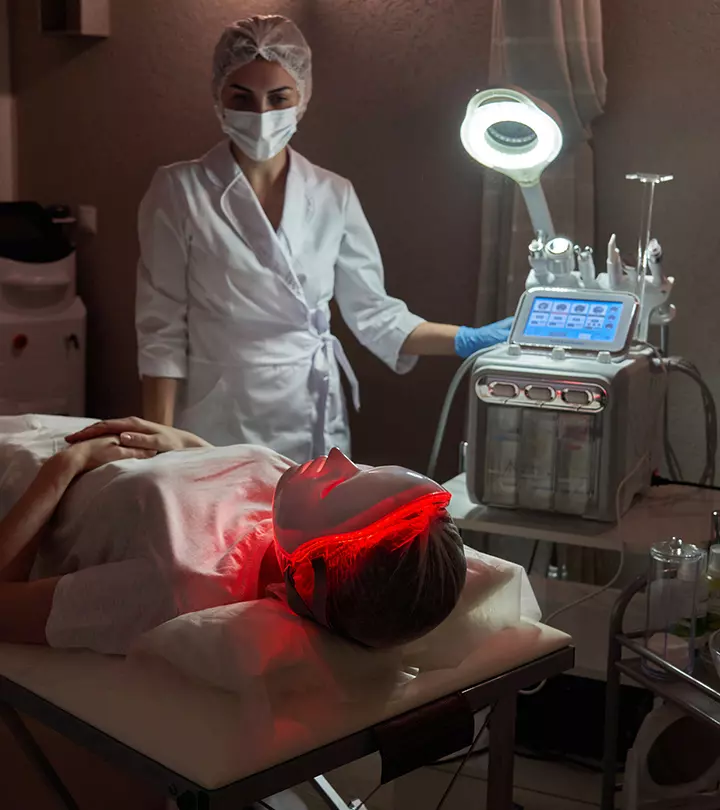

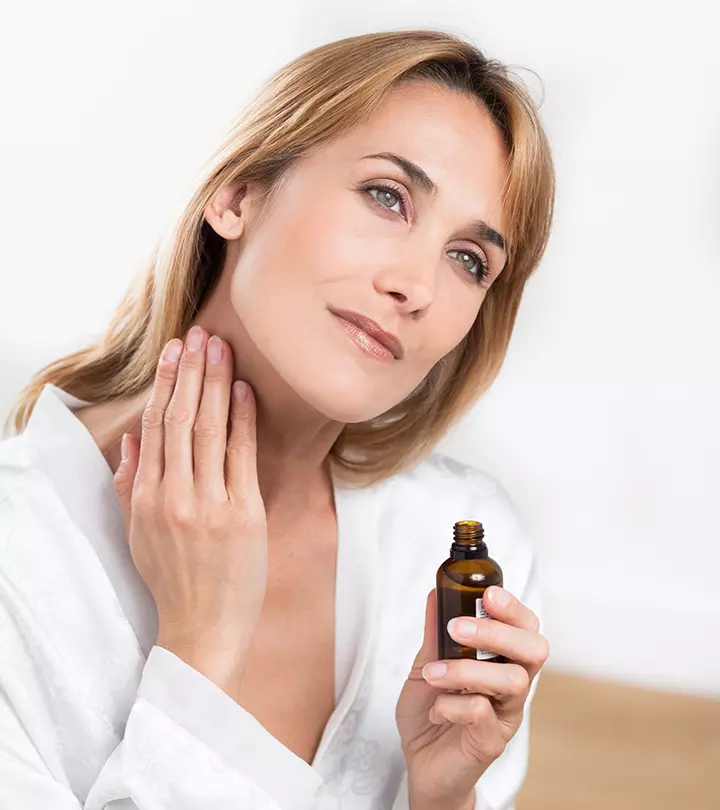

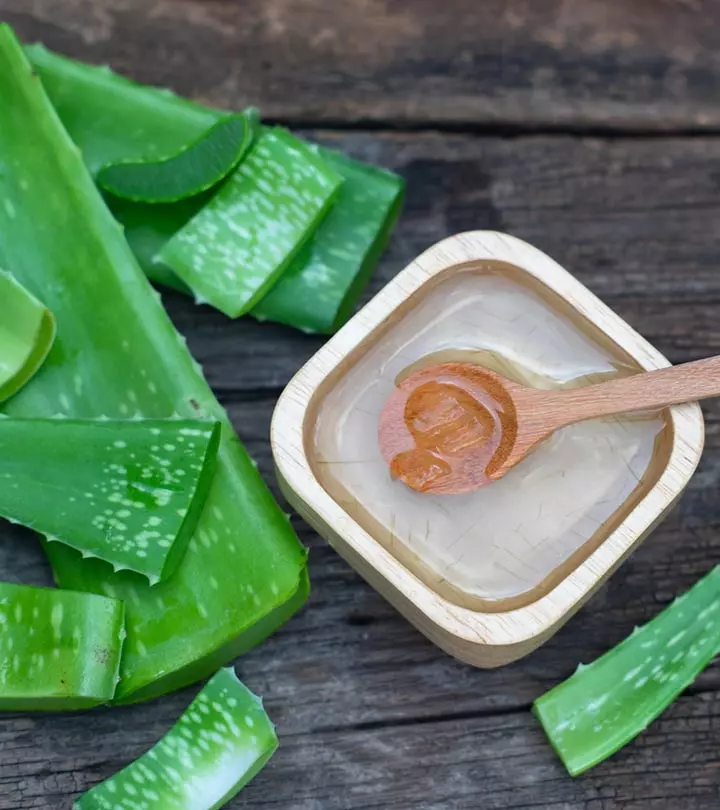

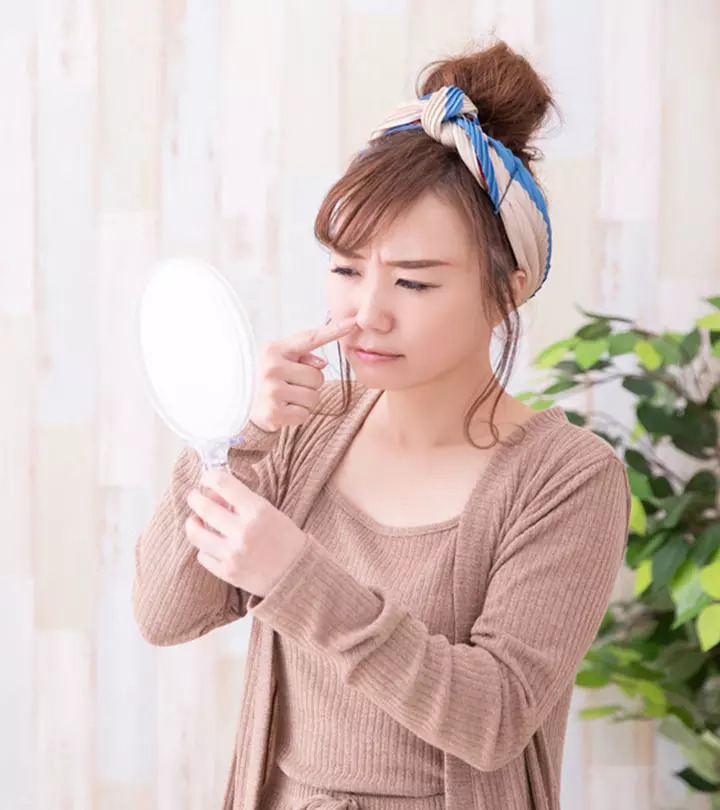
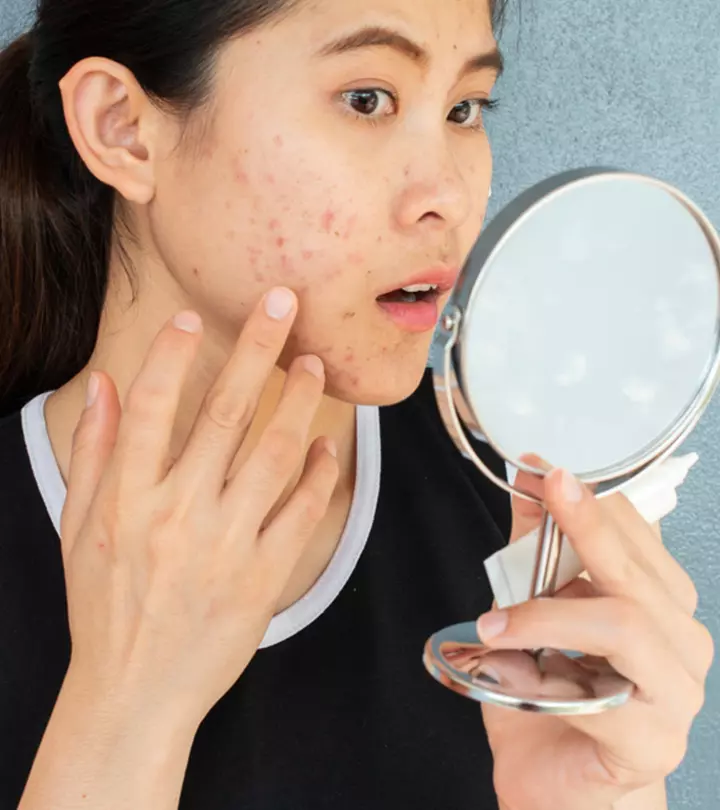
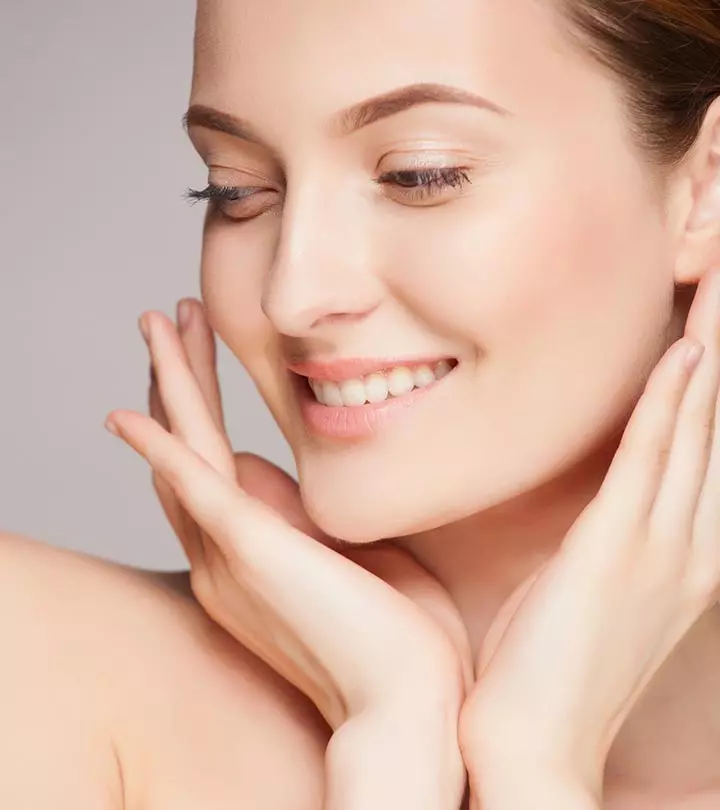

Community Experiences
Join the conversation and become a part of our empowering community! Share your stories, experiences, and insights to connect with other beauty, lifestyle, and health enthusiasts.